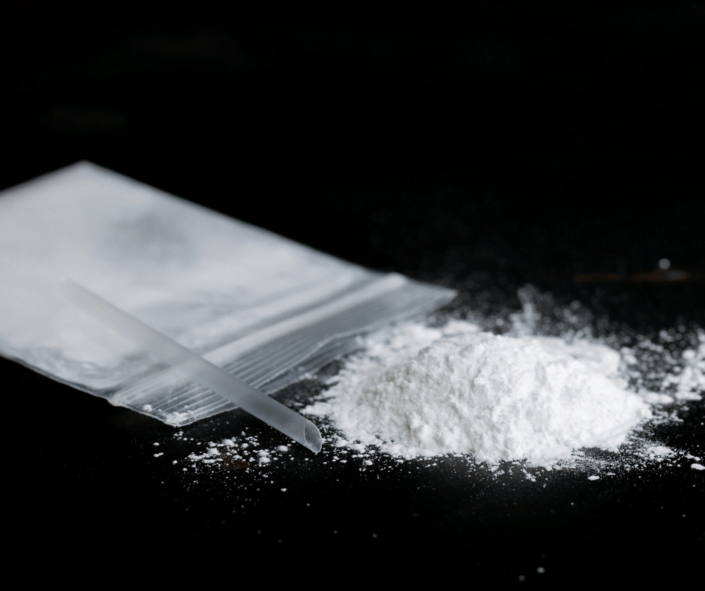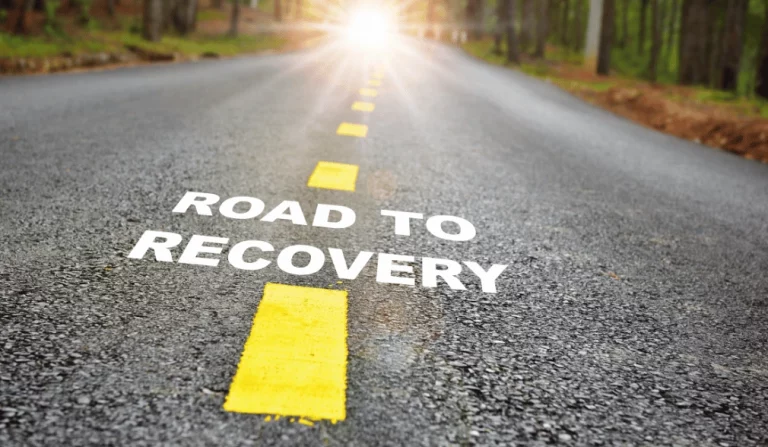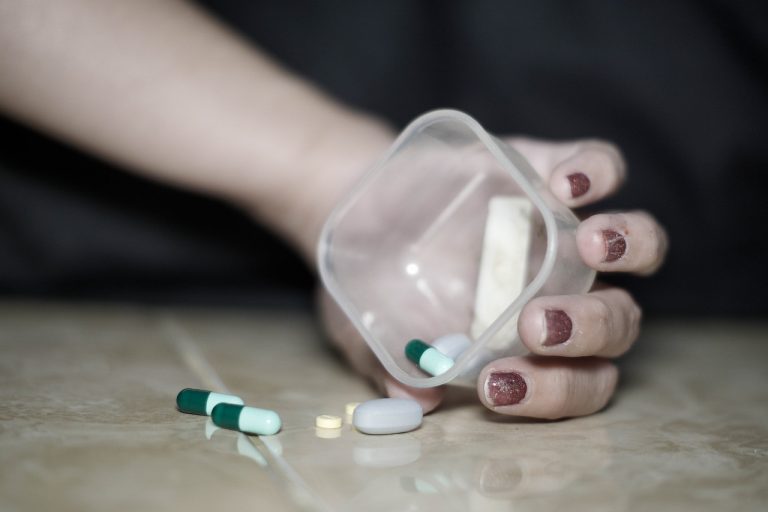
Living sober is a challenge, requiring more than just willpower. It’s about reshaping your life and habits. Understanding the definition of sobriety is important. It’s not just about avoiding substances, but also about creating a healthier, more balanced lifestyle. This is where the concept of sober living comes into play. It’s a crucial phase that bridges the gap between intensive recovery programs and a return to everyday life.
In living sober, the focus is on building a strong foundation for a substance-free life. Integrating sports into this phase is incredibly beneficial, yet it’s vital to remember that these activities are supplementary. They should be pursued in addition to, not instead of, ongoing recovery efforts like 12-step programs or counselling. Professional and experienced guidance remains the cornerstone of successful recovery.
Engaging in sports during sober living offers numerous benefits. It helps in rebuilding physical health, which often takes a toll during periods of substance use. Regular physical activity boosts mental health, reducing symptoms of anxiety and depression, common challenges in recovery. Additionally, sports instil discipline, improve self-esteem, and offer constructive ways to manage stress.
The emphasis, though, should always be on balance. While sports are a valuable component of recovery, they work best alongside professional treatments and support groups. This holistic approach, combining professional help with physical activity, nurtures the mind, body, and spirit – all essential elements for staying sober in the long term.
Tips for living sober: how do sports help?
Staying sober is a process that involves more than just abstaining from substances. It’s about creating a balanced lifestyle that supports sobriety. This holistic approach to sobriety, defined as a state of being free from intoxicating substances, can significantly benefit from the inclusion of sports and physical activity. Sober living is about actively engaging in positive, health-promoting activities.
Research indicates that exercise, including sports, can be a powerful tool in addiction recovery. Regular physical activity has been shown to help living sober by providing a reliable routine, filling spare time, managing mental health, and inspiring higher self-esteem. For those recovering from substance use disorder, exercise benefits both the body and mind. Physically, it can help maintain a healthy weight, strengthen bones and muscles, and reduce the risk of chronic diseases. Mentally, engaging in physical activity releases endorphins which interact with the brain to decrease the perception of pain and result in feelings of euphoria and optimism. This natural process is especially beneficial as it does not lead to addiction or dependence.
Other benefits of exercise as part of a recovery program
Exercise enhances emotional and cognitive health. It alleviates mild to moderate depression by releasing endorphins, boosts mood, reduces stress levels, and regulates emotions through increased production of neurotransmitters like serotonin and dopamine. Regular exercise also improves blood flow to the brain, enhancing mental clarity, sharpness, and creativity.
Sports and physical activities provide long-term benefits for mental and physical health in individuals recovering from drug addiction. Participation in sport-based programs has been shown to increase the duration of abstinence, improve overall physical health and stamina, and reduce emotional instability. It also offers a sense of accomplishment, boosts self-confidence, and supports social reintegration.
It is nevertheless important to balance sports and exercise within the recovery process. While they offer numerous benefits, they should be engaged in as part of a balanced daily schedule. Over-exercising or becoming obsessive about exercise can be counterproductive, leading to overexertion and potential injuries. The key is to integrate sports into a healthy and balanced lifestyle and recovery program that supports long-term sobriety.
Living sober: Team sports

Engaging in team-based sports can be a significant asset in the journey of staying sober. These sports align with the definition of sobriety, which is not just about abstaining from substances but also about embracing a positive lifestyle. In the context of sober living, team sports offer a unique set of benefits that can support individuals in their quest to stay sober.
Participation in team sports fosters essential interpersonal skills, such as trust, cooperation, and communication. For individuals recovering from addiction, who often struggle with social interactions and trust issues, team sports provide a structured environment to rebuild these skills. Working towards a common goal in a team setting helps individuals in recovery transfer these skills to their everyday life, thus supporting their sobriety journey.
What are other benefits of team sports as part of sober living?
Incorporating team sports into daily routines can add structure, a crucial element in the recovery process. Structured activities, like regular team sports sessions, help in maintaining order and keeping priorities aligned, which is vital for individuals working on how to stay sober.
Team sports offer a sense of community and belonging, which is vital for individuals in recovery. Forming new friendships within these teams and developing a support network can greatly reduce the risk of relapse. The camaraderie and sense of inclusion created in team sports are powerful tools that help maintain sobriety while navigating the challenges of recovery.
Engaging in team sports should be part of a balanced recovery program. Sports are not a standalone solution for addiction recovery but should be seen as complementary to professional treatment and ongoing recovery programs.
What are examples of team sports?
Team sports such as football, cricket, rugby, and basketball are excellent examples of activities that can be beneficial in addiction recovery and promoting sobriety. Each of these sports offers unique benefits:
1. Football
Football is a highly engaging team sport that requires cooperation, strategic thinking, and physical endurance. It promotes cardiovascular health, improves coordination, and is a great way to develop teamwork skills. The constant interaction with team members during a football match also helps in building strong social connections.
However, it’s important to approach football with discretion, as some sports environments, including football, come with a drinking culture and peer pressure, which might create challenges for those in recovery. Being mindful of these aspects and choosing supportive and understanding teams can maximise the benefits of engaging in football as part of the recovery process.
2. Cricket
This sport is known for its strategic depth and the need for various skill sets among different players (batsmen, bowlers, fielders). Playing cricket can enhance focus, patience, and teamwork. The role-based nature of cricket ensures that individuals can find a position that suits their abilities and preferences, promoting a sense of inclusion.
3. Rugby
Rugby is an intense, physically demanding sport that requires a high level of teamwork and communication. It is excellent for building physical strength and resilience. The camaraderie developed on a rugby team can be particularly strong, offering significant emotional support for individuals in recovery.
4. Basketball
Basketball combines physical fitness with strategic gameplay. It improves cardiovascular health, agility, and hand-eye coordination. The fast-paced nature of basketball makes it an excellent sport for improving reaction time and decision-making under pressure.
In the context of addiction recovery, these sports can aid in building discipline, enhancing physical fitness, providing a sense of accomplishment, and fostering a supportive community.
Living sober: Individual sports
In addiction recovery, engaging in individual sports such as boxing, jiu-jitsu, running, yoga, swimming, and tennis, contributes significantly to maintaining sobriety. These sports align with the broader definition of sobriety, which involves more than just abstaining from substances; they inspire personal growth, discipline, and stress management, crucial for learning how to stay sober.
Yoga
Yoga combines physical exercise with mental discipline, offering significant benefits in addiction recovery. It aids in stress reduction, enhances mental clarity, and strengthens the mind-body connection. Yoga practices, including breathing exercises and meditation, can be particularly beneficial for improving emotional regulation and reducing symptoms of anxiety and depression.
Boxing
Boxing in recovery offers comprehensive benefits. It helps reduce the emotional distress of withdrawal and provides a healthy distraction from cravings. Regular boxing practice can also replace negative triggers associated with addiction, keeping the mind clear and aiding in better decision-making. Boxing builds physical strength and endurance and is mentally demanding, requiring focus and strategy. This discipline in boxing can translate into greater self-esteem and confidence, important traits for individuals in recovery.
Jiu-Jitsu
Jiu-Jitsu, a martial art focusing on grappling and ground fighting, offers numerous benefits for addiction recovery. It improves physical fitness and promotes a healthier relationship with the body, which can be vital for individuals recovering from substance abuse. The sport requires mindfulness and complete mental engagement, providing temporary relief from cravings or substance-focused thoughts. Jiu-Jitsu builds resilience, essential for navigating the challenges of recovery, and fosters a strong sense of community and support, helping combat the isolation often associated with addiction.
Running
Running is an effective individual sport for enhancing mental health in recovery. It increases endorphin and serotonin levels, improving mood and mental clarity. Running offers a productive way to manage stress and anxiety, common challenges in recovery. The simplicity and accessibility of running make it a widely recommended activity for individuals in addiction recovery programs.
Swimming
Swimming, a low-impact, full-body workout, is excellent for cardiovascular health and overall fitness. It’s a therapeutic and calming activity, helping to alleviate stress and improve mental well-being. Swimming can be particularly beneficial for individuals in recovery who seek a physical activity that is gentle on the body while providing substantial health benefits.
Tennis
Tennis improves coordination, agility, and develops a sense of accomplishment. Playing tennis requires strategic thinking and mental focus, making it an excellent sport for enhancing cognitive functions and decision-making skills. It’s also a great way to build social connections and foster a sense of community, which can be vital for individuals in recovery.
Each of these sports offers unique benefits in the recovery process, improving physical health, reducing stress, enhancing self-esteem, and providing positive outlets for emotions and energy.
However, they should be part of a comprehensive recovery program that includes professional treatment and support. Engaging in individual sports can significantly aid in recovery, supporting individuals in their pursuit of a healthy and sober lifestyle.
Tips for living sober: Practical advice for incorporating sports into recovery
Incorporating sports into a recovery program for staying sober is a beneficial step, but it requires careful consideration and balance. Here are some tips on how to effectively include sports in your recovery journey:
Choosing the right sport
1. Assess your interests and physical condition
Choose a sport that aligns with your interests. If you enjoy team dynamics, consider sports like basketball or soccer. For individual challenges, activities like running or swimming might be more suitable.
2. Consult with health professionals
Before starting any sport, consult with your healthcare provider, especially if you have health concerns or physical limitations.
3. Start slowly
If you’re new to physical activities, start with less demanding sports and gradually build up your stamina and skills.
Balancing sports with recovery programs
1. Integrate, don’t replace
Remember that sports are an addition to, not a replacement for, your ongoing recovery program. They should complement other essential elements of your recovery, like therapy and support groups.
2. Schedule wisely
Plan your sports activities so they don’t conflict with your recovery sessions. Balance is key to ensuring that both your physical and mental health needs are met.
3. Avoid overexertion
Be mindful of the intensity of your sports activities. Overexercising can lead to injuries or burnout, which could negatively impact your recovery process.
Setting realistic goals and making gradual progress
1. Set achievable goals
Start with small, achievable goals in your chosen sport, and gradually increase the difficulty as your fitness improves.
2. Track your progress
Keep a journal or use apps to track your progress in the sport. This can help maintain motivation and provide a sense of accomplishment.
3. Celebrate milestones
Acknowledge and celebrate milestones, no matter how small. This could be improving your time in running, learning a new yoga pose, or simply being consistent in your sports routine.
Incorporating sports into your recovery journey can significantly improve your physical and mental well-being, aiding your path to staying sober. However, it’s essential to approach this with a balanced mindset, ensuring that sports activities are a beneficial addition to your overall recovery program.
Living sober: InnerLife Recovery’s approach to sports in aftercare
At InnerLife Recovery, the integration of sports and physical activities into aftercare programs plays a crucial role in preparing individuals for ongoing recovery. This approach not only addresses addiction from all angles but also nurtures the mind, body, and spirit, crucial for maintaining long-term sobriety.
Preparation for ongoing recovery
InnerLife Recovery emphasises the importance of physical activities, like yoga and other sports, in conjunction with counselling, CBT, and 12 Step programs. This combination ensures a comprehensive treatment model, promoting rejuvenation and aiding in the development of a healthier lifestyle.
Role in aftercare and sobriety
Aftercare support at InnerLife Recovery includes ongoing counselling and support groups (also for families), where sports play a significant role. These activities help in relapse prevention, offering a natural outlet for stress and building a community that fosters feelings of inclusion and confidence, key factors in sustaining sobriety.
In summary, incorporating sports into recovery programs is essential for achieving and maintaining sobriety. Sports offer physical and mental health benefits, aid in developing discipline and focus, and provide a sense of community – critical factors in addiction recovery. While sports should only complement traditional recovery methods, their role in promoting a holistic approach to sober living is undeniable. They not only enhance physical well-being but also contribute to emotional balance and mental clarity, proving vital for individuals on their journey to long-term recovery and a healthier lifestyle.






